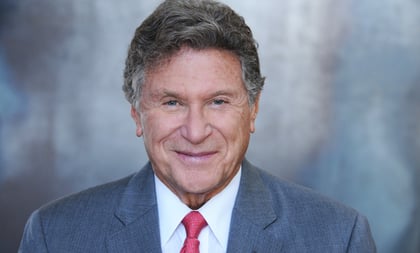Ken Dychtwald sees the coronavirus quarantine affecting generations differently. As a septuagenarian, he prefers to think of it as “cocooning” — that is, people should take this time to slow down and reemerge “as a better version of themselves.”
Dychtwald, the psychologist, gerontologist and founder and CEO of Age Wave, who has written 17 books on aging, spoke with Peter Kaldes, the new CEO of the American Society on Aging, in a recent webinar.
When asked if he saw aging as an ascent or descent for him as he just had a birthday, Dychtwald said physically he tries to keep from going into a descent by doing yoga and keeping active, but the “body isn’t what it used to be.” However, mentally he says it’s an ascent, in which he thinks experience can make older people “modern elders.”
He does believe the elderly are more vulnerable to the contagion, but are better set up for retirement in terms of Social Security, investments and savings. “Retirees are the least distressed on what is happening right now,” he said.
(Related: How the Pandemic Is Affecting Retirement Confidence: EBRI)
However, “people 50 to 64 are getting the wind knocked out of them now,” he said, largely due to the market’s volatility and the affect on their investments and retirement plans.
He also sympathized with those in their 30s and 40s because due to the quarantine they can’t visit their parents, their kids are “freaking out because they can’t see their friends,” and they have to worry about living expenses including college debt. “They definitely are hurting,” he said.









 April 30, 2020 at 02:03 PM
April 30, 2020 at 02:03 PM











